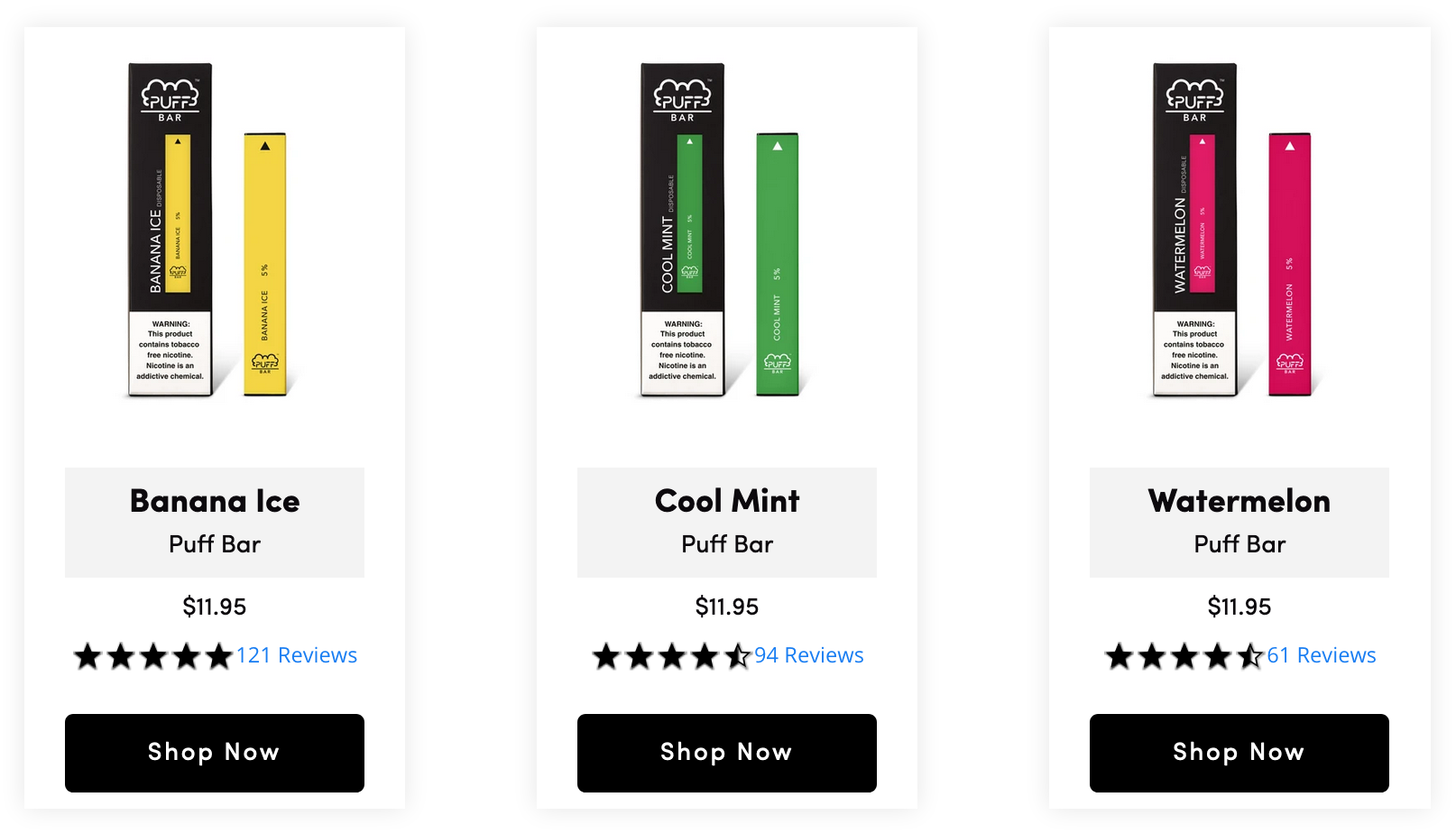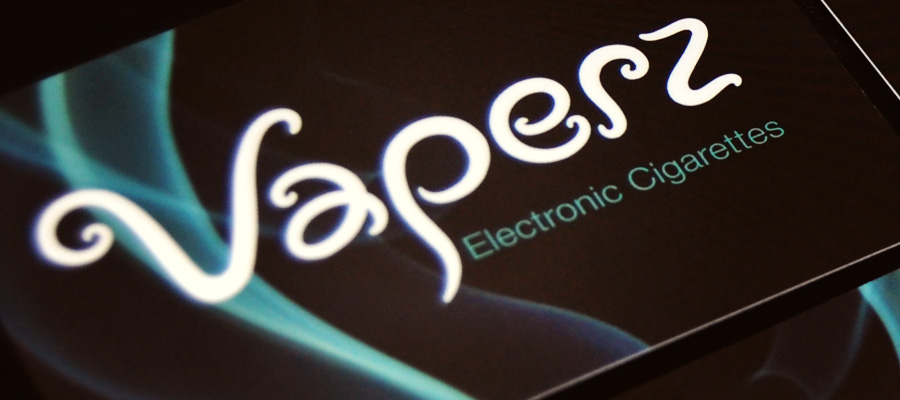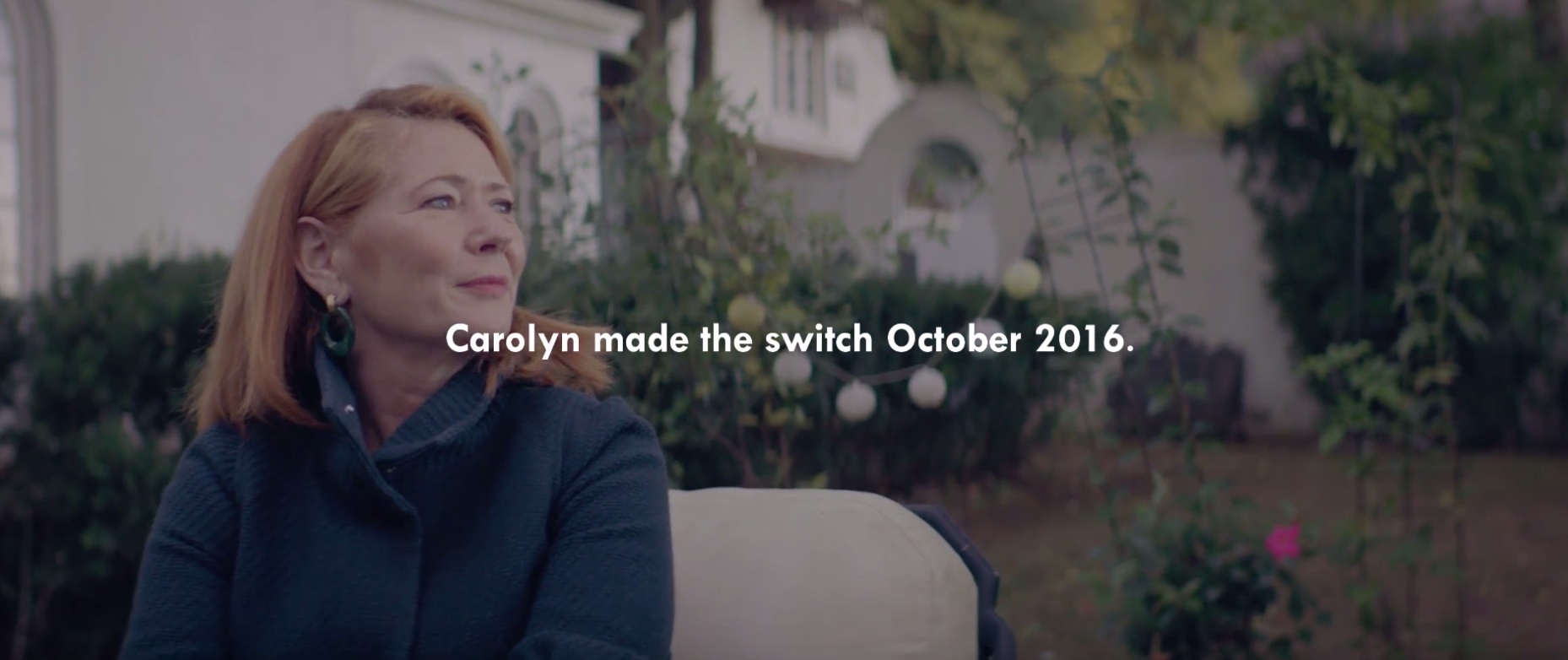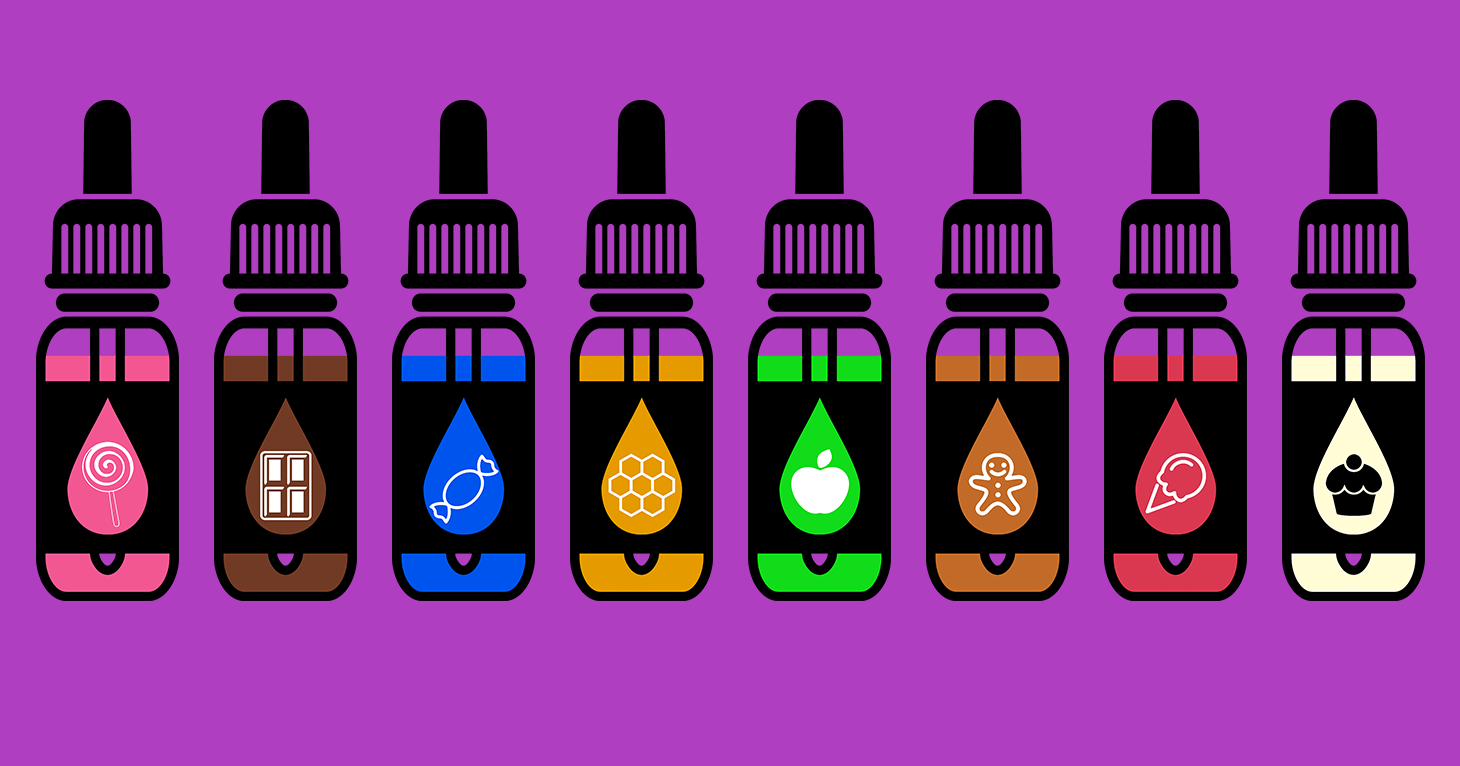
Puff Bar Flavors Resurface Following FDA Ban
FDA says it is aware of the situation but declined to comment on the regulatory status of disposable e-cigarette brand.
Sites warned about misleading claims.
In the year since the FDA announced it was going to propose a new rule that would extend its oversight of tobacco products to e-cigarettes, websites marketing the vaping products have mushroomed. Yet, despite the fact that additional studies have found dangers in vaping, many of the sites like to claim that e-cigarettes are a safe alternative to tobacco cigarettes and that their products can help people quit smoking tobacco.
Earlier this month, the FDA’s Center for Tobacco Products took its first actions against companies making misleading health and cessation claims. The agency issued warning letters to three companies it said violated regulations by marketing their products as approved by the FDA, safe for use and less harmful than traditional tobacco cigarettes. The warning letters were sent to U.K-based Vaperz Ltd, Knoxville Vapor and drkeliquid.com.
In a statement to TINA.org, FDA spokesman Michael Felberbaum said the only other previous action the FDA has taken against e-cigarette companies was in 2010 when it issued warning letters to five e-cigarette distributors for unsubstantiated claims and poor manufacturing practices. Those letters came from the agency’s Center for Drug Evaluation and Research, not its tobacco division.
Misleading claims
The FDA has said it will announce its detailed regulations regarding e-cigarettes and new tobacco products in June. In its announcement last year deeming e-cigarettes and other new tobacco products under its oversight jurisdiction, it said its regulations would require vaping companies to register with the FDA and report ingredients, only market new tobacco products after FDA review, and only “make direct and implied claims of reduced risk if the FDA confirms that scientific evidence supports the claim that marketing the product will benefit public health as a whole.” The FDA said it would also require health warnings on the products and ban sales to children under 18.
But in the years between the FDA actions, the number of companies marketing e-cigarettes has exploded with more than $1 billion in sales. A University of California San Diego Moores Cancer Center study found that about 10 new e-cigarette brands are being introduced online each month. And while only products approved by the FDA can making smoking cessation claims, the study found that 11 percent of newer brands and 10 percent of older e-cigarette brands made direct claims their products could help users stop smoking tobacco cigarettes.
RELATED: Things you should know about e-cigarettes
A plethora of sites are making other misleading claims as well. A TINA.org investigation found many sites advertised free trials that aren’t really free and that the vaping products can be smoked anywhere despite the fact that dozens of states, cities and municipalities across the nation have banned e-cigarettes.
Felberbaum said the agency’s Center for Tobacco Product’s Office of Compliance and Enforcement has been routinely monitoring the activities and claims made by manufacturers. But he declined to comment further about why such few warning letters have been issued to companies making misleading claims.
“Beyond that,” he said,” the FDA cannot comment on the internal processes that lead to these specific warning letters being issued.”
More action urged
In recent months, the federal government has been under fire to take stronger, quicker action as more consumers are enticed to buy the products. The number of high school and middle schools students using e-cigarettes tripled in a year, surpassing the number of teens smoking tobacco cigarettes, according to a recent study released by the Centers for Disease Control and Prevention this month. The study found that more than. 2.4 million students used e-cigarettes last year.
Earlier this month, the American College of Physicians recommended that the FDA ban e-cigarette television advertising and juice flavors that come in many kid-friendly varieties such as bubble gum. Several lawmakers have called on the FTC to investigate e-cigarette marketing practices and introduced legislation to ban all e-cigarette marketing to children.
RELATED: Consumers getting smoked by e-cigs
Rather than waiting for the the federal government to take action, in January, California became the first state in the nation to issue a health warning about the“toxicity” of e-cigarettes and advised residents not to smoke them.
In its warning letters issued this month to the three companies, the FDA said the companies had marketed the products in a way that led consumers to believe the products were approved by the FDA, deemed safe to use by the agency and/or tested in an FDA certified lab. Since the letters were issued, one site, drkeliquid.com is no longer online.
Knoxville Vapor issued a statement on its site that its e-liquid “is manufactured in multiple labs that hold various certifications from the FDA” but that it has removed “any such language from our website and all social media outlets and we agree that it may have been misleading to consumers.”
Vaperz’s current website does not make mention of the FDA. It tells visitors that, “[W]e do not advocate that our electronic cigarettes will guarantee an immediate recovery from tobacco dependency.”
Work to be done
But other sites continue to make health and cessation claims. One brand, Nicocure, that the FDA was alerted to in 2013 by the Campaign for Tobacco-Free Kids, which was concerned it was making cessation and health claims, is currently stating on its website that its product contains no toxic chemicals and can be smoked anywhere. Says the site: “Celebrities have realized that Nicocure Cigs are the leading tobacco alternative to stay looking young, feel great, and reduce serious health risks.”
Felberbaum, of the FDA, said that consumers can submit information about potential tobacco violations to the agency online, by e-mail to CTPCompliance@fda.hhs.gov, or by phone at 1-877-CTP-1373.
For more of TINA.org’s coverage of e-cigarette marketing, click here.
FDA says it is aware of the situation but declined to comment on the regulatory status of disposable e-cigarette brand.
TINA.org agrees with health groups that Juul’s current campaign disseminates an illegal smoking cessation claim.
Agencies crack down on copycat packaging targeting minors in the e-cigarette industry.


